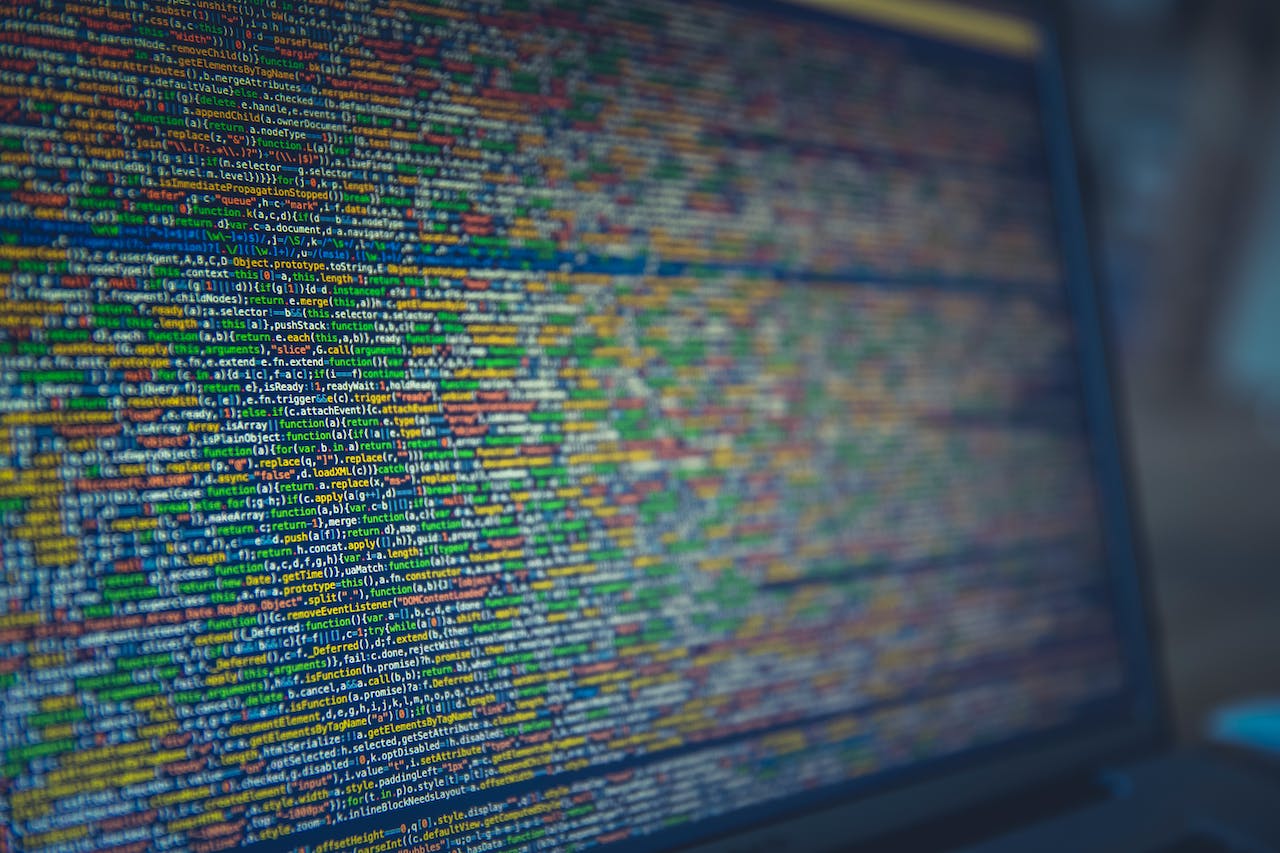President Joe Biden has taken a significant step toward regulating artificial intelligence (AI) technology with a comprehensive executive order released on Monday. This directive marks the most substantial action to date in managing the emerging technology that has generated both praise and concern.
The executive order establishes new benchmarks for security and privacy protections surrounding AI, presenting profound implications for companies in the sector. Major developers including Microsoft Corp., Amazon.com Inc., and Alphabet Inc.’s Google are mandated to subject potent AI models to rigorous safety assessments and submit the results to the government before public release.
Leveraging the US government’s considerable influence as a major client for leading tech firms, the rule aims to scrutinize technology that may pose national, economic, or security risks, as well as potential threats to health and safety. A senior administration official noted that it is expected to apply primarily to forthcoming systems and not those already in the market.
Furthermore, the initiative establishes a framework for watermarking standards for AI-generated content like audio or images, commonly known as “deepfakes.” The Commerce Department has been tasked with aiding the development of measures to counter public confusion between authentic and manipulated content, as initially reported by Bloomberg Government.
This executive action builds upon the voluntary commitments to securely deploy AI, adopted by over a dozen companies at the White House’s request earlier this summer, as well as the blueprint for an “AI Bill of Rights” designed to guide safe development and application.
All fifteen companies signatory to these commitments, including Adobe Inc. and Salesforce Inc., will join President Biden at a signing ceremony held at the White House, accompanied by members of Congress.
Microsoft sees the order as “another critical step forward in the governance of AI technology,” according to a statement by Vice Chairman and President Brad Smith.
The directive from President Biden precedes Vice President Kamala Harris’ upcoming trip with industry leaders to a UK-hosted summit addressing AI risks, providing her with a US plan to present on the global stage.
In fiscal year 2023, the US earmarked $1.6 billion for AI, with expectations of increased allocations as the military discloses further details about its spending, as reported by Bloomberg Government data.
International Business Machines Corp. Chairman and Chief Executive Officer Arvind Krishna emphasized, “This executive order sends a critical message: that AI used by the United States government will be responsible AI.”
In addition to AI regulation, President Biden has called for guidance to prevent algorithmic bias in housing, government benefits programs, and among federal contractors. The Justice Department has been directed to establish best practices for investigating and prosecuting civil-rights violations related to AI, including within the criminal justice system.
The executive order also urges immigration officials to relax visa requirements for foreign talent seeking to work at American AI companies.
Jordan Burris, former member of the US government’s tech and cyber initiatives, including a Trump administration executive order on AI, stressed the importance of effective and timely implementation of the order. He stated, “There is incredible complexity associated with the follow-on activities to make sure that it actually hits the intended outcome,” emphasizing the necessity of resources, training, and educational efforts to execute the guidance.
While the administration hails its latest actions as the most robust advancement of AI regulation by the government, Congress may pursue further measures. President Biden has called on lawmakers to enact privacy legislation, though the administration has not yet taken a definitive stance on how Congress should approach comprehensive AI regulation.
Senate Majority Leader Chuck Schumer has advocated for a budget of at least $32 billion in the coming years to bolster AI research and development.
In preparation for drafting legislation, lawmakers have engaged in briefings and meetings with tech industry figures, including Mark Zuckerberg of Meta Platforms Inc. and Sam Altman of OpenAI. The closed-door sessions have also included venture capitalists Marc Andreessen and John Doerr to gain a deeper understanding of the technology.
Source: Bloomberg



